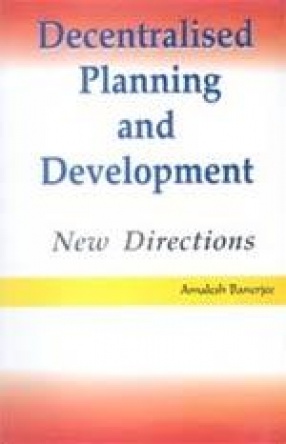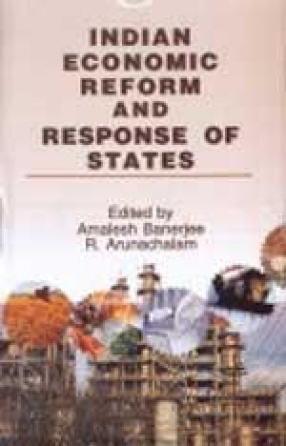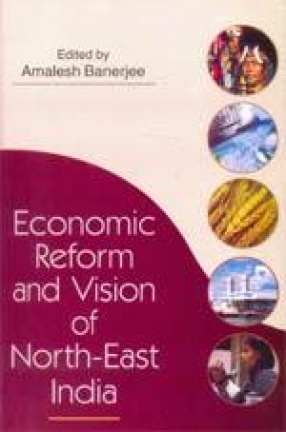
Showing all 6 books


The book deals with the major issues of on going financial reforms in the country. Financial issues are discussed in the perspective of macroeconomic reforms that are being implemented in different phases. The second generation of economic reforms encompasses radical changes in the financial sector also. The book chiefly deals with the major issues o second generation economic reforms. The reforms mainly concerned in the book are financial sector, banking sector, ...

The Volume presents the food security and nutrition problems of the country in general. In spite of plethora of anti-poverty programmes now being implemented throughout the country, incidence of poverty and malnutrition prevails in almost all states of the country. About one-fourth of our population in general is afflicted by the chronic crisis of food insecurity. Different authors of the volume made state-specific, gender-specific and group-specific analysis of ...

Decentralized Planning and Development is the first publication to examine the new contours of planned development of Indian economy. The volume presents the expert writings of noted authors on various aspects of our planning. Development Councils are for the first time examined in the volume. Part I of the volume examines the development strategy of various states including Orissa, Bihar, West Bengal, Arunachal Pradesh and Chattishgarh. Part II presents the ...

The contributions in this book are the revised version of the papers presented at a workshop organised by the ISEC and NOVIB at Bangalore. These papers examine the issues related to the interface between decentralised Government and NGOs, strategies adopted by NGOs to enable their target group to participate in Gram Panchayats and problems encountered in the process. Four papers are conceptual and delineate the role of NGOs in revitalising the Gram Panchayats. ...

The book is an important and timely publication as it contains the feed-back of the states on the reform programme. A decade of economic reform programme. A decade of economic reform is completed in India and the second generation reforms measures are underway. At this backdrop an attempt has been made to examine the state level responses to the various economic reforms, to ascertain the merits and demerits, the advantages and disadvantages, the problems and ...

East India economy is an amalgam of the economies of advance state like West Bengal and the backward states like Bihar, Orissa and Assam. The North-East tribal states are under the Sixth schedule of the constitution but are not extraordinary in terms of progress which they should have been. Food insecurity and supply-side bottlenecks in orissa, agricultural stagnation in Bihar, Assam and some other states are examined. Along with the sick tea industry of Assam, ...
